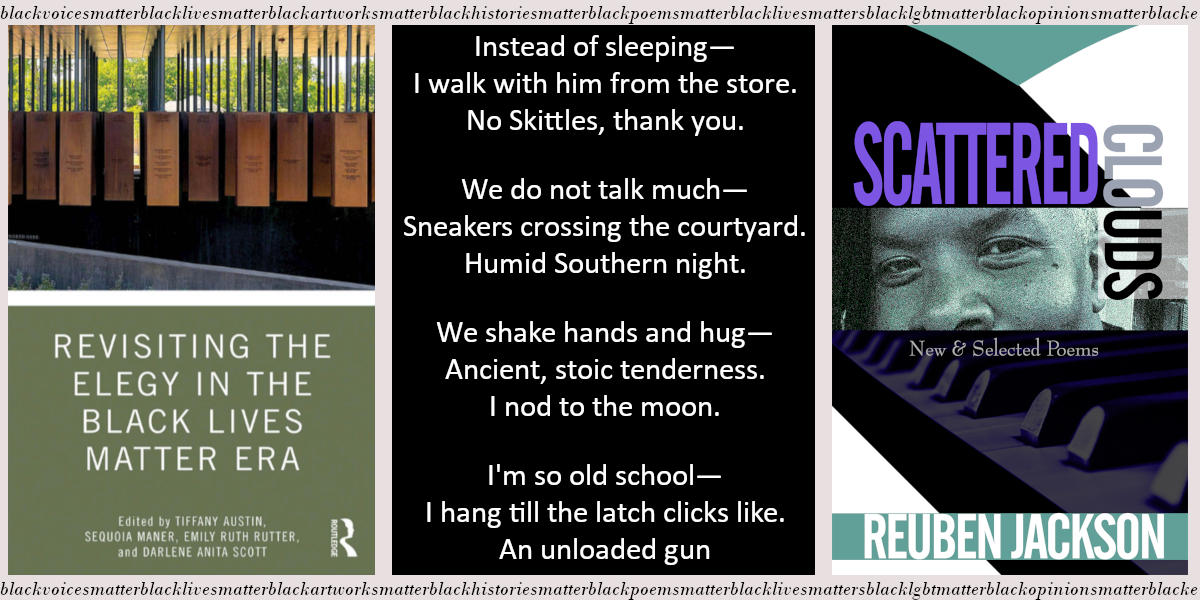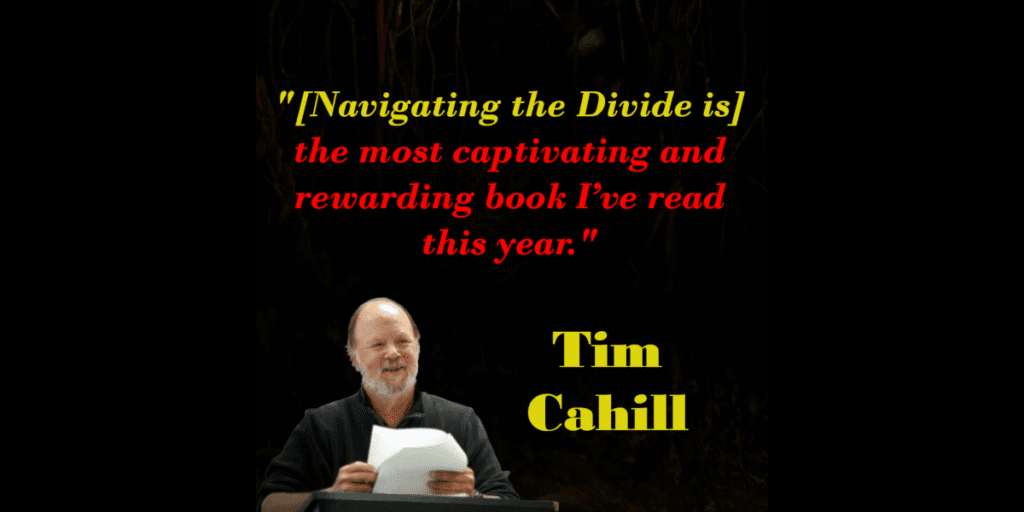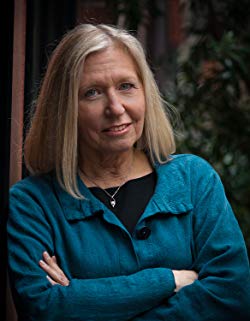The Ongoing Relevance of Reuben Jackson's "For Trayvon Martin"
The tragic death of Trayvon Martin is as relevant today as it was in 2012 as is Reuben's most anthologized poem "For Trayvon Martin."

In Reuben Jackson's reimagining of the night Trayvon Martin was murdered, Jackson cast himself as the boy's guardian angel, leading him home and out of harm's way.
Instead of sleeping—
I walk with him from the store.
No Skittles, thank you.
We do not talk much—
Sneakers crossing the courtyard.
Humid Southern night.
We shake hands and hug—
Ancient, stoic tenderness.
I nod to the moon.
I’m so old school—
I hang till the latch clicks like.
An unloaded gun.
There is no wonder why the poem is Jackson's most anthologized. In "For Trayvon Martin" Jackson speaks for every black and brown parent and mentor, their frustration and their love, when they must sit their child down and explain to them what to wear, where to walk, and how to interact with police.
Recently, "For Trayvon Martin" has been popping up in numerous places concerned with the BLACKLIVESMATTER movement. In Tiffany Austin, Sequoia Maner, Emily Ruth Rutter, and Darlene Anita Scott's new anthology Revisiting the Elegy in the Black Lives Matter Era, Jackson's poem receives a prominent place, as it does in a recent open letter by the Vermont Humanities Council director Christopher Kaufman Ilstrup. Ilstrup writes:
"Arguably, these killings of Black citizens have never stopped, and many scholars have written about the history of violence from Reconstruction to today. But the modern era of this violence might be pegged to the shooting death of Trayvon Martin in 2012 by “neighborhood watch” member George Zimmerman. Trayvon was just seventeen, walking home from the store with a bag of Skittles. One of our dear friends at Vermont Humanities, poet and scholar Reuben Jackson, wrote a poem at that time that still hangs with me today."
"For Trayvon Martin" is a subtle, heart-breaking kind of angry poem. This anger is all the more relevant now as we watch--and participate in-- it finally bubbling over. As I write this, historic crowds gather in city and country streets demanding a world where Jackson doesn't need to be there to walk Trayvon home.
"For Trayvon Martin" appeared in Jackson's debut collection fingering the keys which is reprinted in full in his new collection Scattered Clouds. Support Reuben and ASP by buying Scattered Clouds from our bookstore.
Alan Squire Publishing will also be making a donation to the National Bail Fund's Rapid Response Fund because:
BLACK VOICES MATTER
Here is a list of Bail funds worth supporting: https://www.communityjusticeexchange.org/nbfn-directory

Tim Cahill calls ‘Navigating the Divide’ the “Most Rewarding Book I’ve Read This Year”
Learn what famed travel writer, Tim Cahill, has to say about Linda Watanabe McFerrin’s new ASP Legacy Book, “Navigating the Divide.”
Joanna Biggar Reveals the Heart’s Center of her Newest Novel
After 2015’s That Paris Year which followed a group of young women on their year-abroad at the Sorbonne—their youthful flings as well as their many rites of adulthood— Joanna Biggar is bringing its spiritual sequel Melanie’s Song overseas to her own hometown in the United States. Set in Califonia amid the cultural revolution of the late 60s early 70s, Melanie’s Song, while not a direct sequel to That Paris Year shares many of its characters and its familiar, lavish lyrical style. In MS, J.J., the protagonist of That Paris Year, a young reporter, is on a quest to find her missing friend, Melanie (the archetypal shy scholarly type and another character from TPY) who fled her marriage to a straight-laced classical musician in order to hitch-hike to Woodstock and San Francisco.
What Does Patricia Bracewell Have to Say about “Melanie’s Song”?
What does bestselling historical fiction author, Patricia Bracewell, think of Joanna Biggar’s latest novel, “Melanie’s Song”?


